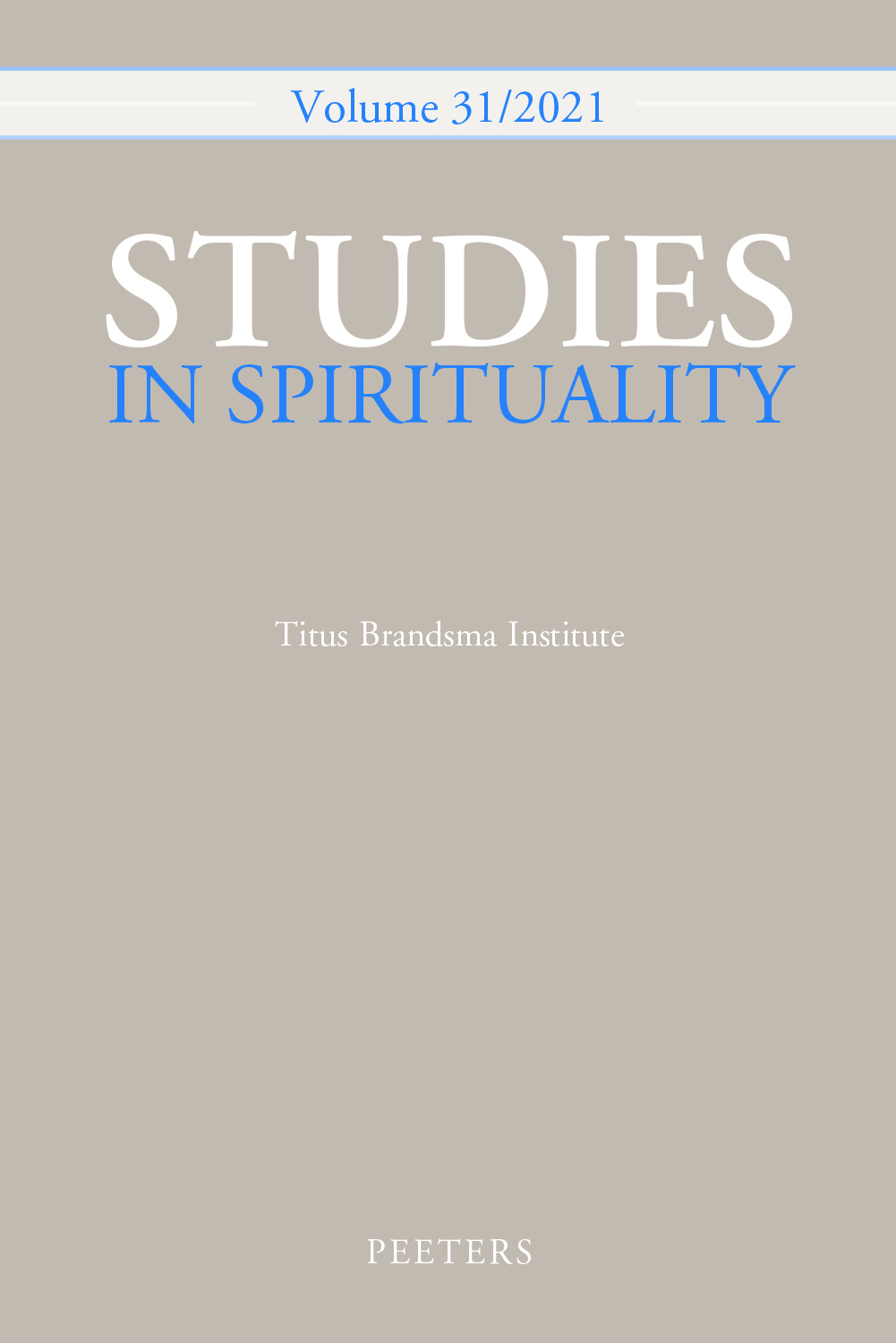 previous article in this issue previous article in this issue | next article in this issue  |

Preview first page |
Document Details : Title: Learning as a Spiritual Discipline Subtitle: with particular reference to monasticism Author(s): LE CORNU, Alison Journal: Studies in Spirituality Volume: 11 Date: 2001 Pages: 47-70 DOI: 10.2143/SIS.11.0.505276 Abstract : Using medieval monasticism as a case study, this study explores the inter-relationships between being and knowing, knowing and having knowledge and thruth in the context of spirituality. The article seeks to demonstrate firtsly that medieval monks developed a spirituality that was essentially a question of ontology yet which involved a metamorphosis from a pre-determined experiential thruth-claim that suggests today's division between objective, propositional thruth and subjective, relative thruth might be simplistic. With reference to the scholastic movement which developed around the monasteries, the question of knowledge and how it relates to thruth is then addressed, particularly as regards the notions of apprehension and hence mastery of thruth as opposed to illumination and clarification. The relationship between knowledge and knowing is then explored as a viable way of ascering whether the principles underlying dialectical methods and monastic theology respectively might be integrated; the suggestion is made that this is something that can and does happen in epistemological terms, and which may itself help identify a further 'spiritual' dimension to learning: that of transcendence. A further proposal is that the three main components evidenced in the monk's learning and spirituality were a particular way of knowing (gnosis), appreciation and commitment. The last section of the article addresses the question of learning as a spiritual discipline by questioning what influene beginning from a doctrinal basis such as happens within a confessional context might have on spiritual development. The danger of non-learning and dogmatism is noted and through identifying the presence of fear in each of these positions, once again the importance of a learner's appreciation of the object of his/her object is emphasized. The final conclusion therefore suggests that this is one principle which governs the act of learning, but also speaks of the quality of person c an ontological (and spiritual) feature. |
|


